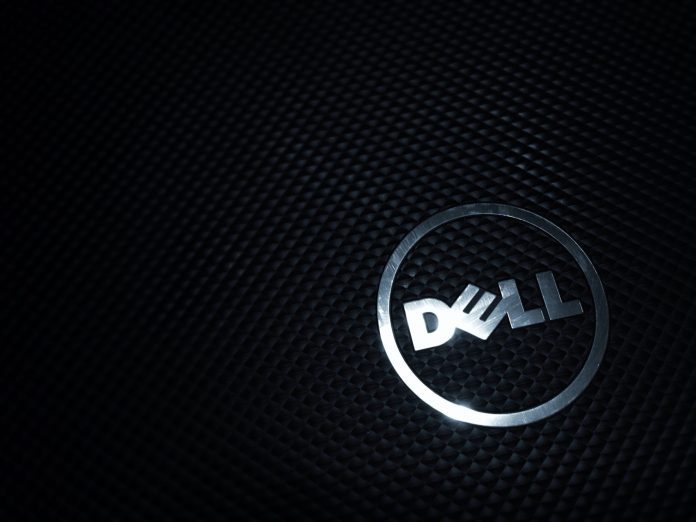As the internet of things continues to drive digital transformation in numerous industrial and enterprise vertical markets, leading IT vendors are continuously adapting product lines to better serve new use cases.
For example, Dell recently introduced three variants of its Dell Edge Gateway 3000 Series targeting “use cases and embedded solutions in the industrial automation, energy, transportation and digital signage markets,” according to the company. Gateways are network nodes that serve as the point where data goes from a device and into a network or vice versa. Citing potential deployment scenarios, Dell called out refrigerated trailers, remote oil pumps, digital signs, inside heating and ventilation units, and inside vehicles.
Dell’s VP and GM of IoT Andy Rhodes said pushing intelligence to the edge of the network is an important part of support the growing IoT. “As the number of connected devices becomes more ubiquitous, we know that intelligent computing at the edge of the network is critical. The IoT continues to enhance customer experience, drive business growth and improve lives, making it central to organizations’ digital transformation strategies.”
To help quantify the important role of gateways in the IoT, take a look at an economic forecast by Markets and Markets; the firm expects the market for IoT gateways to be worth $12.64 billion by 2022, which represents a compound annual growth rate of 14.2% between 2016 and 2022.
With a number of competing IoT standards and non-standard connectivity schemes, LoRa and Sigfox for instance, users deploying internet of things solutions need flexibility. To that end, Dell’s gateways can connect over Ethernet, USB, Wi-Fi, Bluetooth LE, 3G and LTE.
Support for numerous connectivity options is a trend in IoT gateways. Harman, which Samsung purchased last year to boost its IoT footprint, also offers a range of gateways that support everything from Wi-Fi, Bluetooth and ZigBee to 3G, LTE and LoRa.
Andrew Till, SVP for technology, partnerships and new solutions at Harman Connected Services, discussed the role of its gateway products and edge intelligence in addressing enterprise and industrial IoT deployments during a recent interview.
“Things need to just work,” Till said. “We wanted to bring a technology that was already well-proven in the marketplace. Then we’ve also enhanced the ability to run data analytics on the gateway. We thought there were a lot of use cases where you don’t really need to be sending data into the cloud, you can do this locally.”

